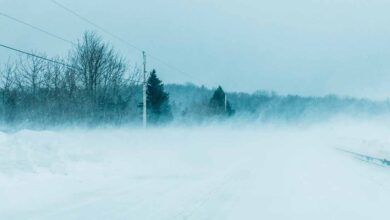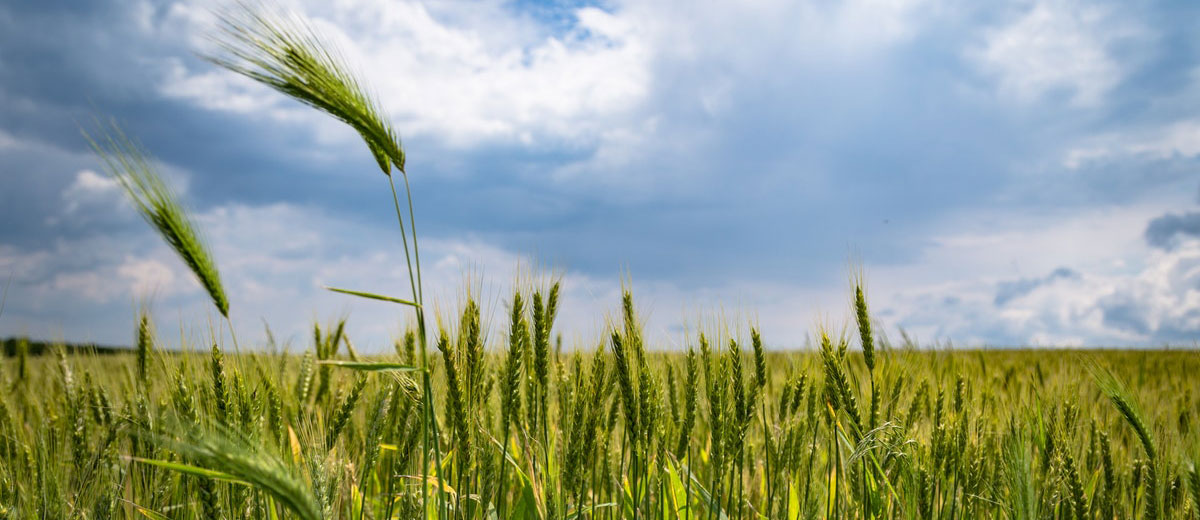
By Joan Janzen
Cows and politics goes something like this. Socialism: You have two cows and you give one to your neighbour. Communism: You have two cows and the State takes both and gives you some milk. Fascism: You have two cows and the State takes both and sells you some milk. Capitalism: You have two cows. You sell one, buy a bull, your herd multiplies, the economy grows, you sell them and retire on the income.
Thomas J. DiLorenzo wrote a a book entitled “10 Things You Should know About Socialism”, in which he explains why socialism is a bad idea. He defines socialism as a dual strategy: nationalize as much as possible, destroy free enterprise system through heavy taxation, heavy regulations and a super minimum wage.
He cites the examples of India, Africa, Argentina and Venezuela where socialism destroyed their economic future. DiLorenzo said, “Whenever someone points out problems in various government programs or legislation, there’s always people who say we can fix that, but I say you can’t fix socialism. Socialism fails as an economical system because of the incentive problem.” He gave the illustration of grading students with points from 1-10 for their exam score. If the teacher would add up everyone’s points and divide by the number of students to give everyone the same score, it would eliminate incentive and rewards.
Another author of 32 books, Jay Lehr explains the connection between socialism and climate change. He has a PHD in Princeton University in the combined field of environmental science, water supply and agricultural economics, and says climate change has always been a vehicle to create socialism throughout the world. “If you control carbon dioxide, you can control all of society. Energy is what creates a positive standard of living. Any human’s standard of living can be determined by how much energy they use,” Lehr said.
He continued to say, “I wrote a recent article about the blackouts in California. California has created energy poverty. In the last seven years they have closed all but one coal fired plant, they’ve turned off all their nuclear power plants except one, and they are no longer buying coal power from their neighbouring states. Within the next 10-15 yrs. they want to be 100 percent wind and solar, and already have four times more blackouts than any other state. From 2008 to 2017 they had more than 4,000 blackouts.”
DiLorenzo explains the myth of democratic socialism, “Look at Venezuela who adopted democratic socialism, which is the imposition of a government plan on society that replaces individual plans for lives. You can do it through a vote, or by a dictator, but you still get the same thing. Venezuela developed democratic socialism in 1999. It was once one of the wealthiest countries in Latin America, but was destroyed in about 15 years. Argentina, Brazil, Bolivia did the same thing. Sweden was very prosperous until about the 1950s. It had limited government, low taxes, and economic freedom. Then they adopted socialism with a big welfare system, lots of regulations, and it resulted in zero job growth for 55 years. They tried to print themselves out of trouble and had 500 percent interest rates.”
He went on to describe Denmark’s situation where the total tax take was about 70 percent of a person’s income. “A good definition of slavery is forcing a person to work for the benefit of another person. A true slave works for the benefit of another person 100 percent of the year. People who are highly taxed are only slaves for 70 percent of the year.”
He went on to explain that progressive income tax is poisonous. “It imposes higher tax rates on the more productive people who earn higher income.” But he noted it also harms the poor, who become dependent on the government. “Socialism results in grotesque inequality; there’s no middle class.”
He concluded that it also results in truth becoming something that is handed down by the state; it’s not something that is discovered by research and study.
If you disagree with these two individuals, you could venture out, and do some reasearch by reading their books to see the other side of the equation.
You can contact me at joanjanzen@yahoo.com
For the latest information and for more updates on everything Kindersley ‘Like’ the Kindersley Social Facebook page below…








































